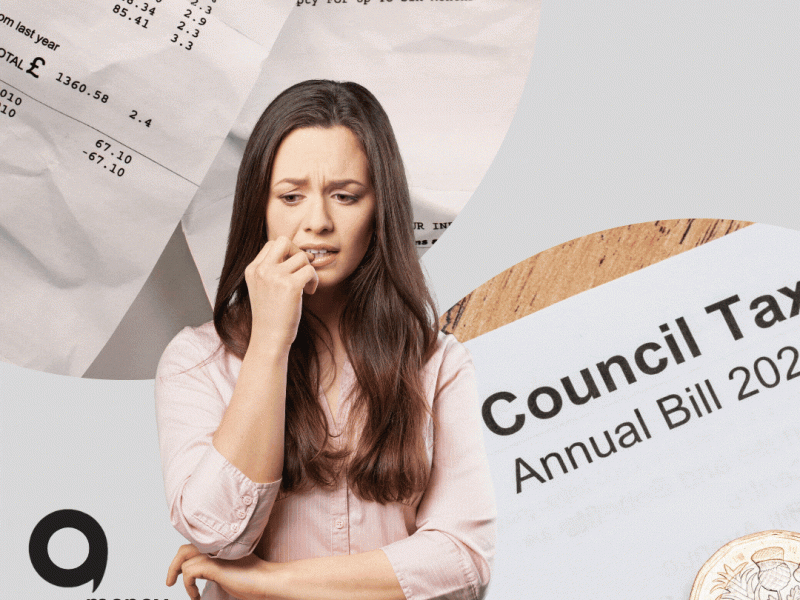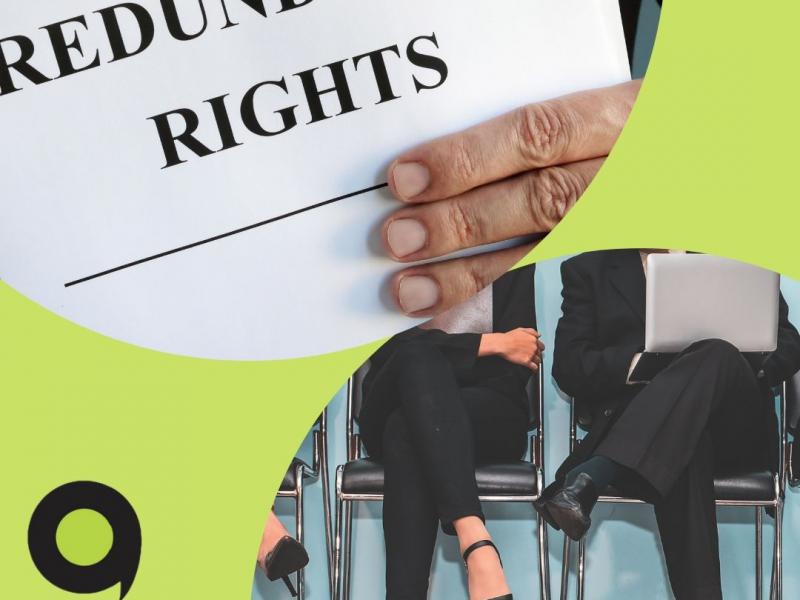
Council tax is a priority debt and should be treated as such. A creditor with the relevant authority can freeze the bank / building society account(s) of someone who owes them money. The local authority would be the creditor in this instance.
If you owe the money to the local authority, and they have gone through the relevant steps, they can arrest sums of money from your bank account. It is always advisable to try and resolve issues with creditors before things get to the stage of wage or bank arrestment.
Most local authorities have money or debt advisers in their council tax teams who may be able to help you with your situation. You should also check with them to see what stage in the process of debt recovery they are at, as it may not be too late to discuss some sort of payment plan.
How does a creditor arrest bank accounts / wages?
As a creditor, the local authority must have sought a court or tribunal decision for payment of the debt, and a summary warrant must have been issued. This court order states that you have not paid the council tax that you owe. The court will also add a charge of 10% to the amount that is owed.
They can then serve a formal document known as a ‘schedule of arrestment’ on your bank or building society. When this is served, the bank or building society can then freeze your accounts for all sums more than the protected amount, which is £529.90.
This means anything over and above the protected minimum can be arrested up to the full amount owed, as well as any court or legal costs. These funds are then automatically released to the creditor 14 weeks after the date of the schedule of arrestment.
How can I stop a creditor proceeding with an arrestment?
There are several options that can be discussed to object to a creditor being able to do this, including ‘undue hardship’ for the person who owes the debt (and their families). This is particularly relevant for recipients of benefits. You may also be able to seek additional time to pay by the court as per a ‘time to pay agreement’.
If the creditor has not followed the correct process to arrest funds from your bank or building society, then you may also be able to use this as a reason to object to the arrestment.
The bank or building society should be able to differentiate between different earnings to ensure vital funds (such as benefits for dependents) are not frozen as part of the arrestment. If you are finding things difficult, there are sources of help available.
How can moneyadvice.scot help?
moneyadvice.scot provide free information and support on a wide range of debt-related issues and are authorised and regulated by the Financial Conduct Authority. Specialist debt advisers can work with you to assess your current situation, look at your income and outgoings, and consider what to do next.
This includes assessing which benefits you may be entitled to. Approximately half a million people across Scotland are not claiming the financial support they are entitled to.
I hope this helps and you get the situation resolved as quickly as possible.
You can contact moneyadvice.scot on 0808 800 9060 (Monday – Friday, 9am-5pm), or visit www.moneyadvice.scot.
The Knowledge Centre has information and advice on a range of money and debt-related issues. Advice is available to everyone in Scotland, at no cost, regardless of personal circumstance.



